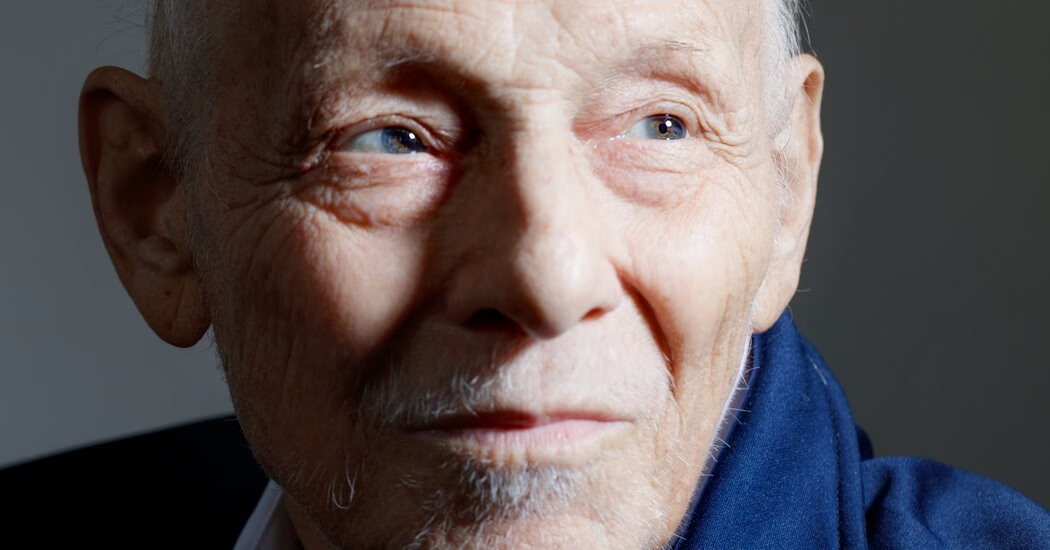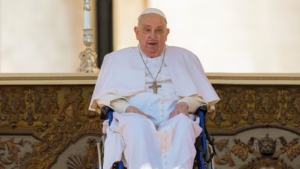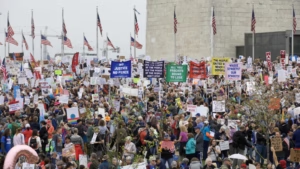In November, Mr. Lindenblatt’s mother informed his father in the labor camp about their family’s predicament. He bribed the guards and escaped one night. When Mr. Lindenblatt’s father arrived at their apartment, he discovered his wife arguing with the Hungarian gentile in charge of the building, who was trying to evict them. In an effort to save his family, Mr. Lindenblatt’s father offered the man his entire money belt and told him to keep it, but the man burnt the belt in the kitchen stove, declaring his money useless and refusing to help the Lindenblatts. They had nowhere to go, as Mr. Lindenblatt’s father was required to return to the camp. Mr. Lindenblatt and his family ventured into the wintry darkness, unsure of their destination.
Born in 1975, I grew up in a world where the Holocaust seemed distant and its survivors were aging. However, being close to 50 now, I realize that I’m about the same age as my grandparents were when I was born. The period between my birth and the Holocaust is roughly equivalent to the time between now and the Challenger explosion. The Challenger tragedy still feels recent to me, so it must have been challenging for those survivors to explain these events to children who were fortunate enough to be born when they were. I should have recognized that a lifetime ago is not really a long time.
Most survivors of the Holocaust fled Europe, settling in countries like Israel, South Africa, Australia, and America. They went on to become congressmen, industrial designers, opera composers, and pioneers in electronic music. They received Nobel Prizes for peace, literature, and economics, winning the Presidential Medal of Freedom. Some were best-selling authors or celebrated musicians, while others contributed to the legalization of abortion or won Oscars. They were therapists, doctors, teachers, and factory workers. My maternal grandparents, Joseph and Raya Turko, experienced their own struggles. My grandmother’s sister was killed in the Lodz ghetto, while her mother survived being on the last train out of Kyiv before the Babi Yar massacre. My grandfather fled Lodz to Bukhara, where he started selling ice cream on the black market. However, he was caught by the Communists and sent to a work camp in Siberia. Upon his release, he married his employer’s daughter and eventually emigrated to Israel in 1950 and then to America in 1962. My grandfather worked as a housepainter, while my grandmother practiced architecture. They were devoted parents and grandparents, running a dinette store called Sam the Chrome King in Atlantic Avenue and Eastern Parkway. Despite their success, in my family, we never discussed the war. It was a silent threat, present in my grandmother’s behavior and my grandfather’s disbelief in God. While survivors like Mr. Lindenblatt chose to share their stories, my family chose to keep silent, which is not a moral failing. It explains why I took so long to recognize my family’s status as survivors of the Holocaust.
Source: https://www.nytimes.com/2025/04/06/magazine/holocaust-story-education.html





